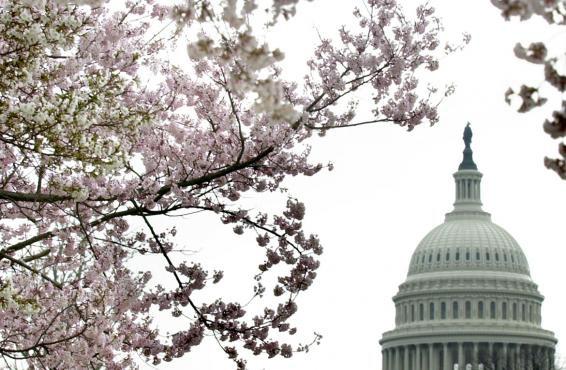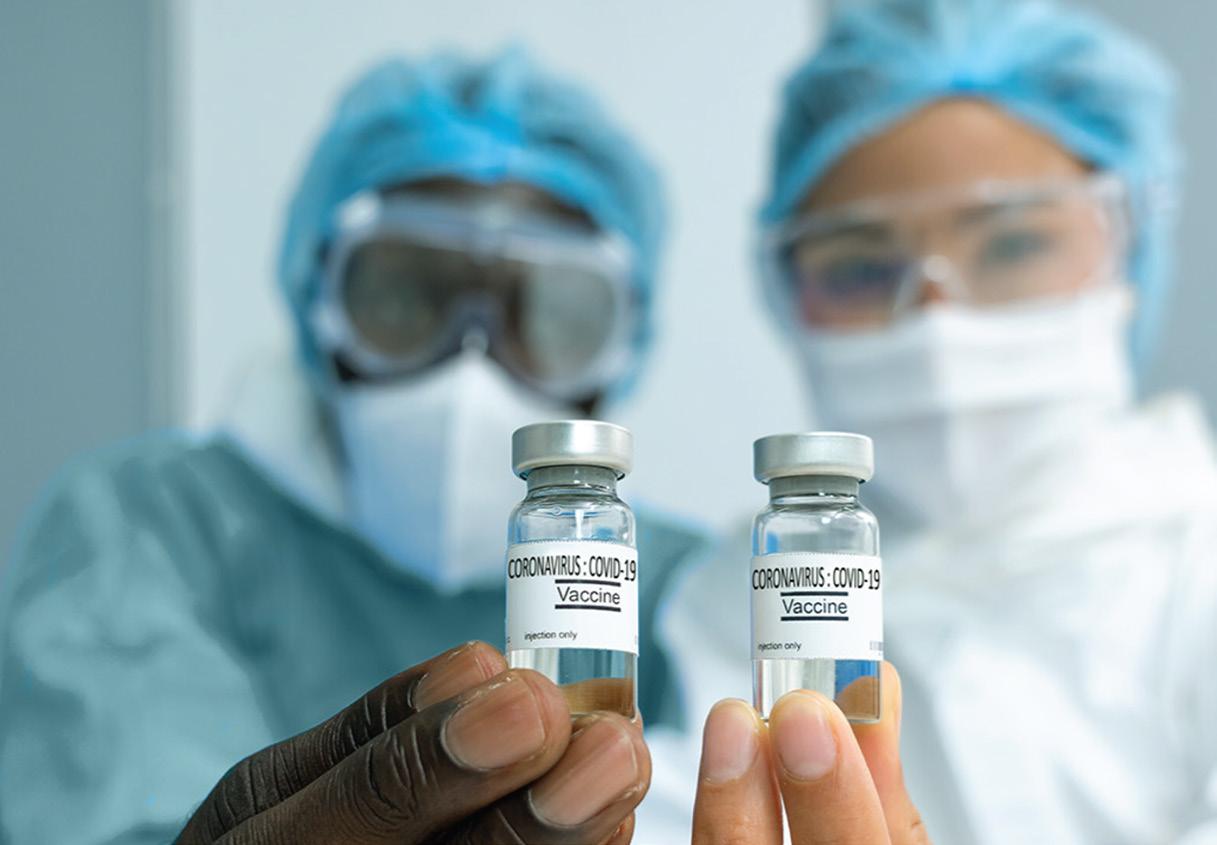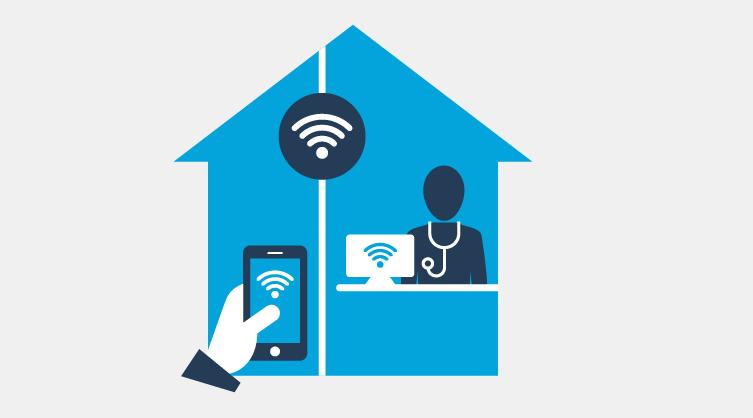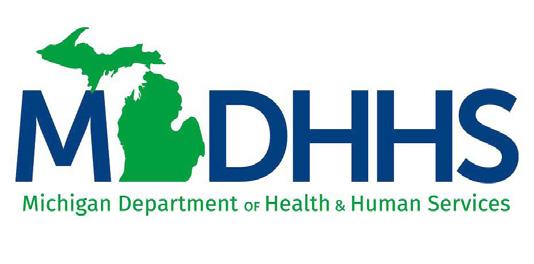ASK HUMAN RESOURCES
Travel and Quarantine Policies for Vaccinated Staff By: Jodi Schafer, SPHR, SHRM-SCP, owner of Human Resource Management Services, LLC
We are looking for updated information regarding travel policies for our business now that some employees have been vaccinated. More staff are requesting time off this year for vacations with travel either internationally or domestically. We want to keep our staff and customers safe, but we don’t want to extend the amount of time we are short-staffed unnecessarily. What are the current standards on travel? Unless your county health department requires a post-travel quarantine (and most do not at this point), you can make this policy determination as you see fit. The current CDC guidance regarding post-travel quarantine is that a person: (A) Get tested with a viral test 3-5 days after travel AND stay home and self-quarantine for a full 7 days after travel. • If the test is negative, stay home and self-quarantine for the full 7 days. • If the test is positive, isolate yourself to protect others from getting infected. OR (B) If you don’t get tested, stay home and self-quarantine for 10 days after travel. This guidance applies to both international and domestic travel and as such, has been the standard that many businesses have pointed to when drafting post-travel quarantine policies over the last year. However, given the recent availability of vaccines based on industry and age, the question of whether or not to keep these policies in place has been coming up a lot lately. Unfortunately, the CDC’s guidance is somewhat conflicting. In the FAQ section of the travel guidance, the CDC continues to encourage vaccinated people to follow the same post-travel quarantine procedures as non-vaccinated people.[1] However, in the CDC’s general quarantine guidance dated February 10th, those who have been fully vaccinated or developed natural immunity, are no longer required to quarantine after a potential exposure. Specifically, “vaccinated persons with an exposure to someone with suspected or confirmed COVID-19 are not required to quarantine if they meet all of the following criteria: • Are fully vaccinated (i.e., ≥2 weeks following receipt of the second dose in a 2-dose series, or ≥2 weeks following receipt of one dose of a single-dose vaccine), • Are within 3 months following receipt of the last dose in the series, and • Have remained asymptomatic since the current COVID-19 exposure.”[2] The CDC made similar updates to their quarantine guidelines back in August, when it said people who have recovered from COVID-19 in the past three months do not have to quarantine or get tested as long as they don’t develop new symptoms. For these reasons, it would be prudent for you to evaluate your current travel policies and determine if you’d like to make 20 Macomb Medicus | April/May/June 2021
any changes. There are at least three options to consider, (1) Keep your post-travel quarantine requirements in place, align your policy with current CDC travel guidance and apply it to all employees regardless of COVID-immunity, (2) Keep your post-travel quarantine in place, but exempt staff who have been fully vaccinated and those who have developed natural immunity through contracting the virus in the previous 90 days, or (3) Waive the post-travel quarantine policy for all employees if it is not currently required at the county level. Like most business decisions, a change in your travel policy requires that you weigh the risks against the rewards. If you choose to err on the side of caution and keep your policy in place regardless of immunity status, you guarantee yourself the maximum amount of protection from potential transmission and afford your business the full protection from a potential liability claim. But it also means that you may be shortstaffed for longer than required. If you decide to waive your employer imposed post-travel quarantine ONLY for staff who have been fully vaccinated and for those who have developed natural immunity, you are still in compliance with the general quarantine guidance from the CDC and you ensure that at least a portion of your staff will not be out any longer than necessary after returning from vacation. However, be prepared for staff discontent that can come from a bifurcated policy and/or discrimination concerns for employees who were unable to receive the vaccine due to an approved medical or religious accommodation. If you decide to do away with the post-travel quarantine altogether, you bypass the implementation headaches described above, but open yourself up to greater risk of transmission from travel. You have to weigh the odds of that happening and take into account the other safety protocols you have in place in your workplace to prevent such an event from occurring. As you can see, there is no easy answer to this question. Every employer needs to make a decision that is right for their unique set of circumstances and then apply those policies consistently, regardless of which option you choose to pursue. The landscape continues to change on this topic, so be sure to check with the CDC, your professional association and your county health department for the most up-to-date guidance before making any travel policy changes. References [1] https://www.cdc.gov/coronavirus/2019-ncov/travelers/faqs.html [2] https://www.cdc.gov/vaccines/covid-19/info-by-product/clinical-considerations.html









